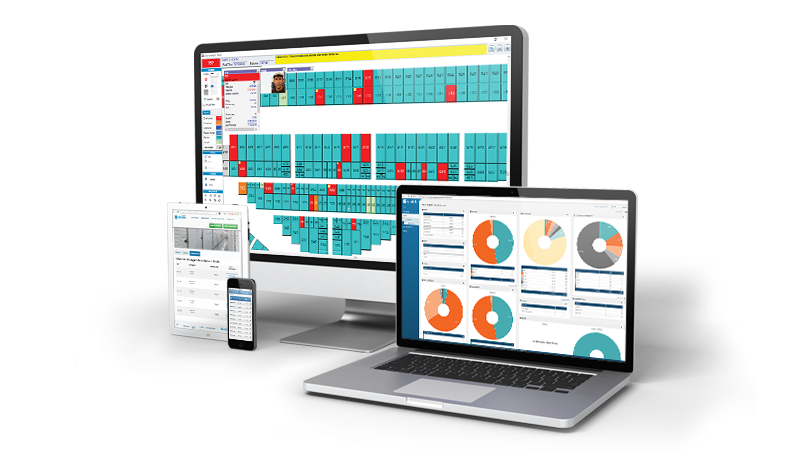

If you believe in your own empowerment, or the self-control of your team, you are more likely to engage in the mental activity of thinking about ways to improve. If you feel dependent on the decisions of others you are less likely to think about ways to improve.

Creativity, entrepreneurship and continuous improvement are all connected to degrees of autonomy and the acceptance of responsibility.By unnecessarily restricting autonomy they destroy the natural forces of motivation.


Authoritarian organizations assume the dependence of the level below, rather than encouraging their autonomy. The infant is naturally motivated to crawl, to explore, and expand their circle of control. Dependence leads to helplessness, which leads to depression, which equals a lack of motivation. It is demotivating, whether at work or in the family, to be restricted to a dependent condition. And then, to the interdependent relationships of maturity. First, it is in our nature to move from the dependent relationships of childhood to the increasingly independence of adolescents.Why does team autonomy matter? It matters for several reasons and each of these reasons are tied to achieving a high performing organization. So, Mike Rother is right, there are no self-managed teams at Toyota, or anywhere else! But, there are degrees of autonomy or self-direction. As long as there is a spouse… you’re not either! Terms such as “self-managed” are absolute and absolutes are never absolutely true. As long as there is a plant manager, hospital administrator, or any other manager, front line teams are not self-managed. So long as there is a Board of Directors, the senior management team is not self-managed. I can honestly say that in all that time I have never seen an absolutely self-managed team (or self-directed or autonomous). My associates and I, over the past forty years, have trained many thousands of teams and team leaders in about one hundred companies. More simply… just work teams, work cells, work groups or management teams. Many labels have been used to describe teams in the work place: high performing teams, self-directed, self-managing, autonomous or semi-autonomous, or self-sustaining teams. Do Autonomous or Self-Managed Teams Exist? The apparent contradiction can, however, create some confusion about the use of teams. On the other hand, Mike Rother in his Toyota Kat a states that “There are no self-managing teams at Toyota.”Īll of these statements are true. Work teams are engaged in daily work and problem-solving, and the leaders of the teams play a key role in understanding the concerns of team members, facilitating, and directing the teams toward achieving measurable team objectives.The everyday work is divided into teams with clear roles and responsibilities.The organization is intentional about instituting teams at every level in all directions of the company.Jeff Liker and Mike Hoseus in Toyota Culture report the following about teams at Toyota: Let’s clarify both the benefits and the determinants of team autonomy. This is a critical issue in organization design and leadership today. Many organizations are not gaining the potential benefits of teams in the workplace due to misunderstandings about team autonomy and self-control.


 0 kommentar(er)
0 kommentar(er)
